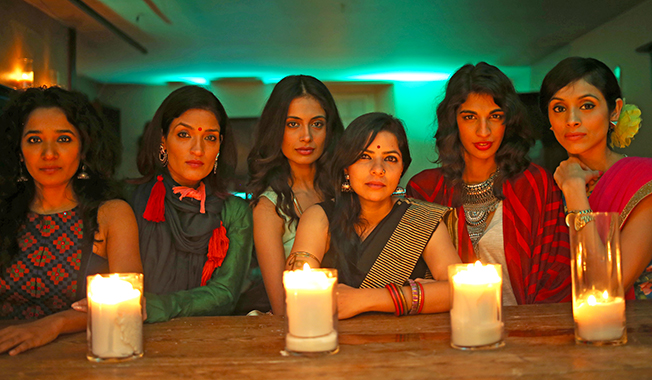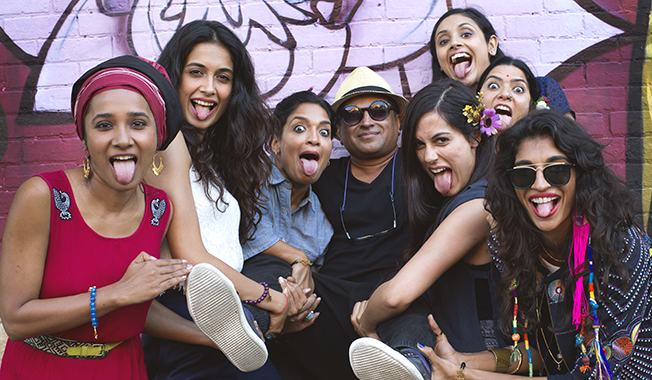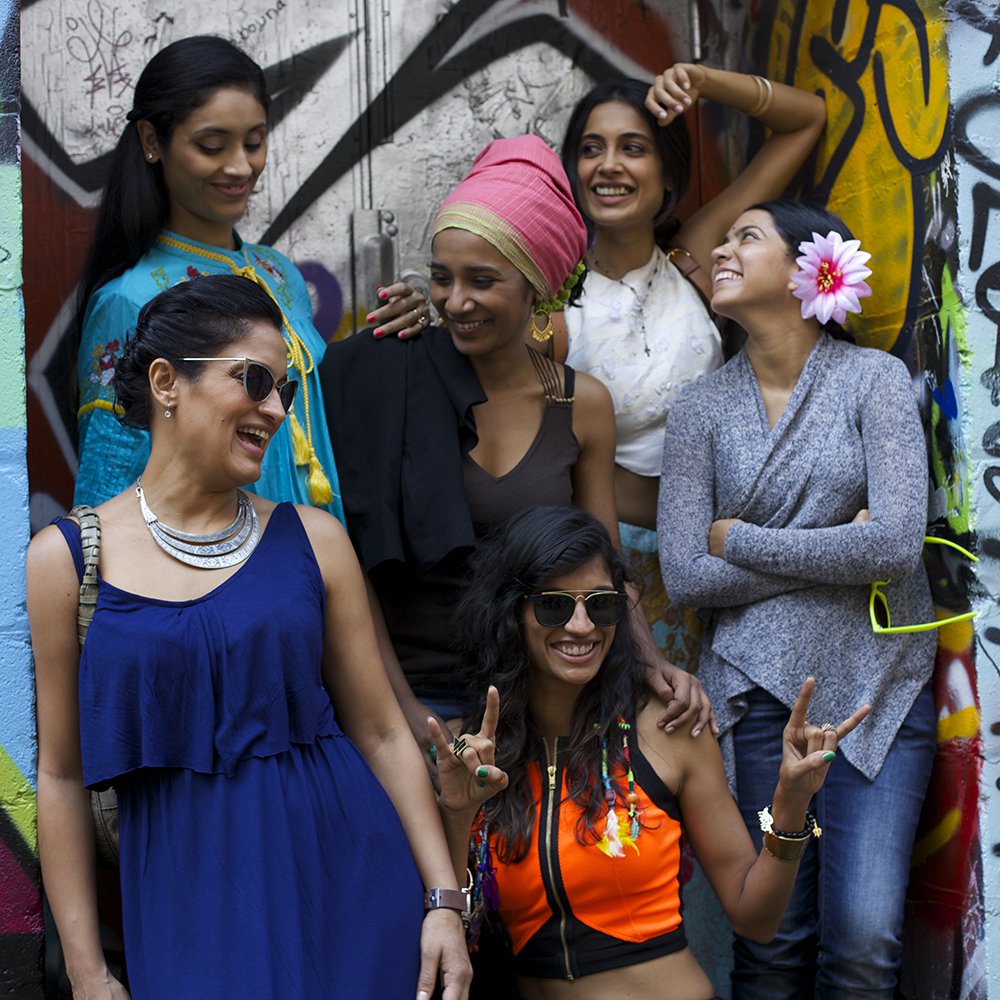Seven women share their doubts and desires in a conservative society where it is difficult for them to flourish in her film "Indian Goddesses in Wrath", far from the clichés of Bollywood cinema. Sexism, Discrimination, Rape: Pan Nalin was inspired by real stories to highlight the difficulties faced by women. Meeting with the director.
Chloé Marriault: The main roles of your film are all attributed to women, a first for Indian cinema. How did you choose the actresses?
Pan Nalin: Since we were independent, we were very free. The actresses come from very different backgrounds and universes. Mad is a singer in real life, Frieda was Miss India for example. We did not want to do a classical hearing. We talked with the women about their character, rather than talking about the script. The actresses have interacted with many Indian women to understand their role. They wanted them to be representative of society. This is why some scenes are improvised. As a man, I did not want to impose everything, women had a say.
Some have described this film as "female buddy film" (film of pals with only women).
That there are only women in this film has much surprised. Some told us "after 40 minutes, we were still wondering 'When does the man arrive?'" Or "but we do not need men anymore!" and it was a very nice compliment. The most popular Indian films show almost all bands of guys who are going to have fun. We are the first film that shows only women in the lead roles. In Bollywood, some female directors have a lot of power. They may be able to change that. But there are also female directors who perpetuate these clichés. Our film was very difficult to mount financially because we were told that a film only with heroines would not work at the box office.

Photo by ARP SELECTION
What is the place of women in Indian cinema?
Cinema is unfortunately the only area that perpetuates clichés. In Bollywood cinema, the woman is always represented with clichés and she is shown as a victim who needs to be protected by the hero. Beautiful, constantly sexy, always singing and dancing. The women who saw our film were very surprised because our actresses sometimes appear with a button, sweaty, without makeup. They were fascinated by their naturalness.
Some parts of your film have been censored in India by the Central Film Certification Board. How did you react ?
We were very upset. Some images of the goddesses have been blurred, all "F words" (Fuck words) have been censored. However, in other films, actors say it but it seems that only men have the right to pronounce this word on the screen. Another thing: girls say with humor when speaking of a boy who comes to them "our lunch is coming". This sentence was censored while in some Bollywood movies, actors say women "it's a good dish" (it's a good dish). This censorship was stupid and useless.

Photo by ARP SELECTION
How was your film received?
We were very surprised at his success. The film triggered a debate, even in small towns where it had not been released. People were shocked that it was censored. It is available on the internet, so that it can be broadcast everywhere, without being censored.
Would you say it's a feminist film?
Not really. At least I would say it depends on the country in which it is broadcast. It's a film about women's power. It is not a film whose goal is to take a political position.
You talk about rape in your film, a plague in India. Would you say that the situation is changing?
This has evolved over the last two or three years, thanks in particular to social networks. There is also more solidarity between women. Before, those who were rape victims were afraid of being judged by their family, friends. Some said, "You will not find a husband if you learn that you have been raped." It was a big taboo. Since the Nirbahay incident (Jyoti Singh, nicknamed Nirbahya, had been raped to death in 2012 by a group of men in front of his companion, NDRL) in Delhi, things are changing and the subject is discussed in cinema, music, theater, literature, the internet, the media. But it is still complicated for those who live in the countryside, in isolated places.
The Indian economy is in full development. Do women benefit from this boom?
India is a very complex country, the country of extremes. Women know that they live in a patriarchal and macho society, but they do not stop working to look after their families. Today, more and more women have very high positions in finance, in banking.
A film to be found in cinemas from 27 July.


